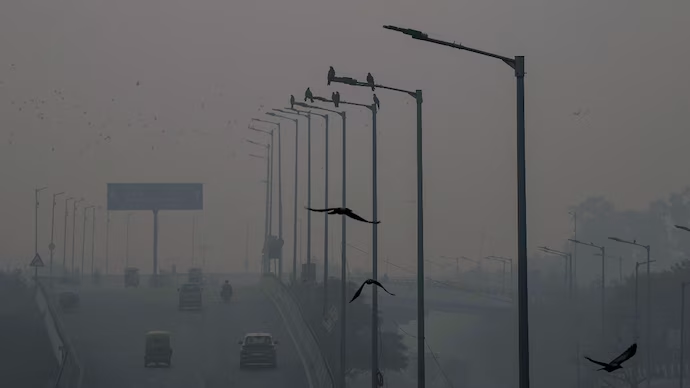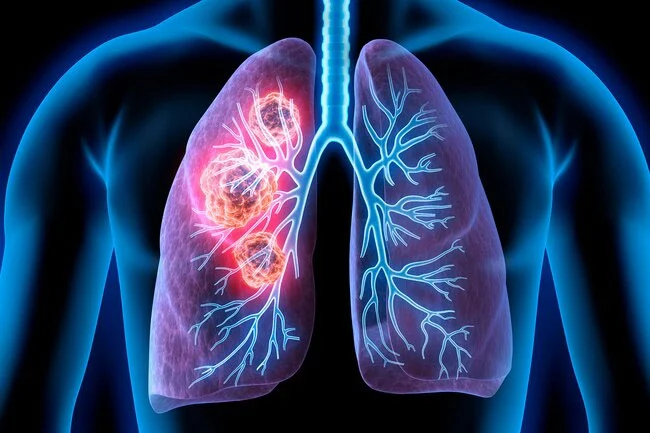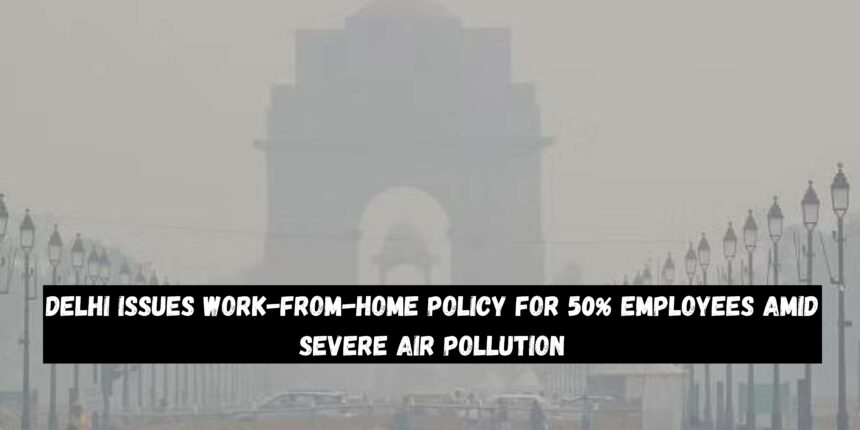Delhi’s air quality has reached such a level that it is increasingly a public health concern. Thus, the Delhi government decided to take extreme measures. To cut down the number of vehicles on the road as a means of reducing the city’s deteriorating air quality, Delhi Work from Home for 50% Employees.
This choice stems from the fact that the air quality in the capital has been “severe” for six out of the last seven days and millions of residents are in danger.This step is essential as the public health crisis in Delhi continues. Here is what you need to know about it.
The State of India Capital: Delhi Air Quality: A Developing Crisis
Delhi air quality has been at perilously high levels for the last seven days with an AQI of above 400, which means extremely hazardous conditions for all people. The so-called smog chemicals such as PM2.5 and PM10 have dramatically surpassed the usual level in the atmosphere and caused severe respiratory problems to children, elderly individuals, and those with other chronic ailments.

Prescribing, according to doctors, long-term exposure to such high levels of pollution can culminate into chronic ailments such as lung cancer, heart disease, and worsened asthma. The situation is much more serious for the vulnerable populations, such as children and elderly people. As Dr. Randeep Guleria, a pulmonologist, stated in an interview with The Times of India, “air quality which is very bad is a major threat to the respiratory system and may cause a heart attack and a stroke also.”
Why Is Delhi Air Quality So Poor?
The pollution crisis in Delhi is mainly caused by several factors. Vehicle emissions, industrial activity, and the burning of crop stubble in neighboring states like Punjab and Haryana cause the increase of particulate matter in the atmosphere.
Moreover, the weather conditions have aggravated the situation. Light winds and low temperatures trap these pollutants, preventing them from being dispersed into the atmosphere.To alleviate these effects, the Delhi government has already introduced various measures, such as the odd-even scheme for cars, and more rigorous pollution control for construction sites.
Read more about AR Rahman and Saira Banu 29-Year Marriage Ends: Inside AR Rahman and Saira Banu Separation
Though these initiatives have been carried out, the condition continues to be critical and no immediate relief is expected.
Work from Home: A Temporary Solution to a Long-Term Problem
As part of a counteraction to the crisis, the Delhi government has declared that half of its workforce will work from home. Such action is among the measures taken in reducing the number of vehicles on the road and thus emissions, which is also an important aspect of the city’s air quality improvement.Traffic decongestion, as expected, would be one of the direct effects of the rapid improvement in air quality.
This is due to the fewer vehicles coming on the road which means a reduction of pollutant emissions into the environment. This action, nevertheless, is understood by many as a temporary relief from a much more serious environmental problem. Meanwhile, while the government keeps an eye on the issue, scientists are calling for other more comprehensive long-term remedies, including stricter vehicle and industrial emission standards and an increase in green technology investment.
Health Risks of Severe Air Pollution: What You Need to Know

The dangerous air pollution in Delhi is not only severe in the short run but also can damage a person’s health in the long run. Short-term contact or use of potent substances can result in some symptoms like coughing, eye irritation as well as difficulty in breathing. Despite that, long-lasting exposure to such harmful air can lead to chronic lung diseases, heart problems, and cancer.
The WHO has revealed that exposure to PM2.5 over a prolonged period of time, the ultra-fine particles suspended in the air, increases the possibilities of heart attack and stroke. As per the 2020 Lancet Planetary Health Study, the water quality in New Delhi is associated with more than 50,000 premature deaths per annum due to pollution-related health complications.
Sick patients with a prior history of heart disease or asthma face even greater dangers. The recent air quality has been labeled as particularly dangerous to people with respiratory diseases and thus experts recommend staying indoors and making use of air purifiers if possible.
What Steps Are Being Taken to Address Delhi’s Pollution Crisis?
The stay-at-home policy is an important temporary measure, but Delhi requires a long-term way to solve its air pollution issues. Steps taken such as ameliorating the city’s public communication systems to minimise the use of private vehicles, expanding greenery, and enforcing clear pollution regulations will be very important.
Besides this, the Delhi government has been promoting the development of electric vehicles (EVs) which do not emit any pollution at all as a long-time solution to decrease the number of cars running on fossil fuel in the city. The experts are also of the view that the governments should take steps to reduce the burning of crop residue which is a substantial cause for the city’s smog in the winter months.
Moreover, the government has been inspiring individuals to be mindful of their outdoor activities, especially those with respiratory or heart illnesses, the children, and the elderly.
A Call to Action
The air pollution problem in Delhi is not only a natural issue but it is also a public health emergency that needs to be addressed quickly and over a long period of time. The government’s increased business-from-home policy due to the pandemic is a good starting point, though addressing the real pollution-causing factors is the real game-changer. Furthermore, the public also needs to be mindful of the health precautions they need to take, such as spending less time outdoors and using purifiers to clean their air.
The air pollution scenario develops however, it is apparent that emission reduction can only be accomplished through cooperation among the government, industries, and locals. For the time being, let Delhites stay on their toes, protect their health, and hope for better air quality over the next couple of weeks.







